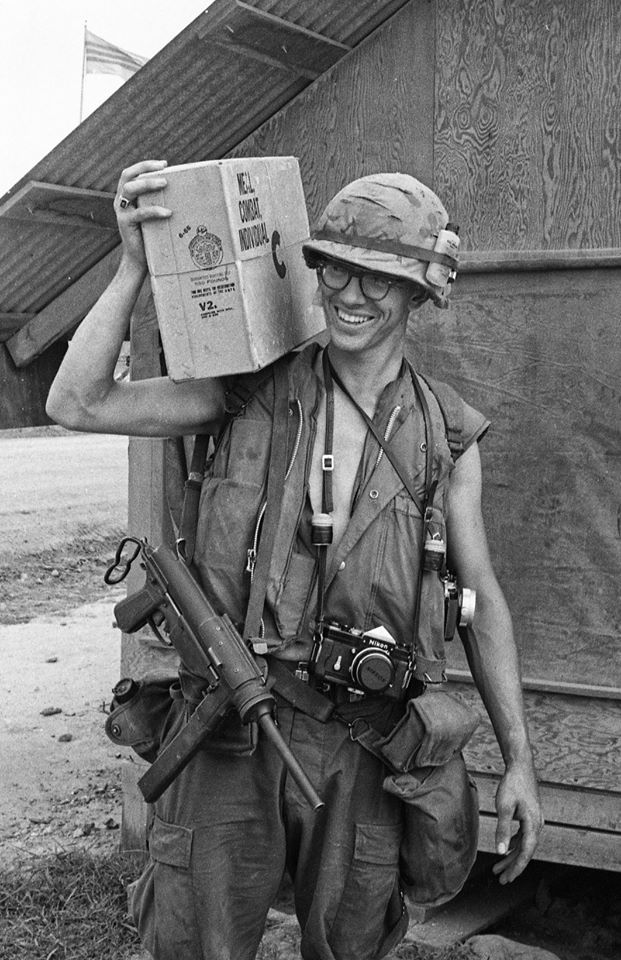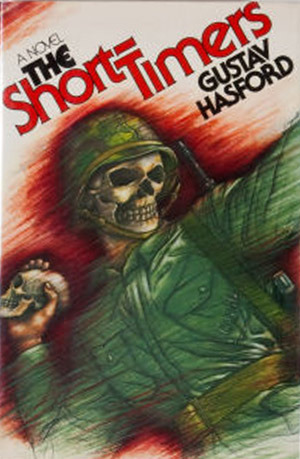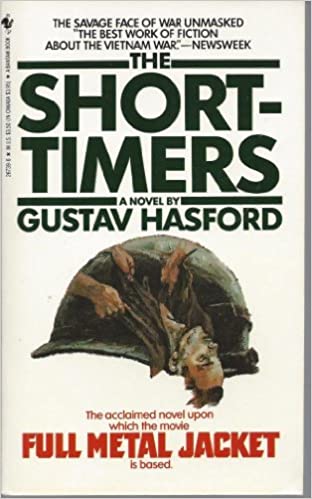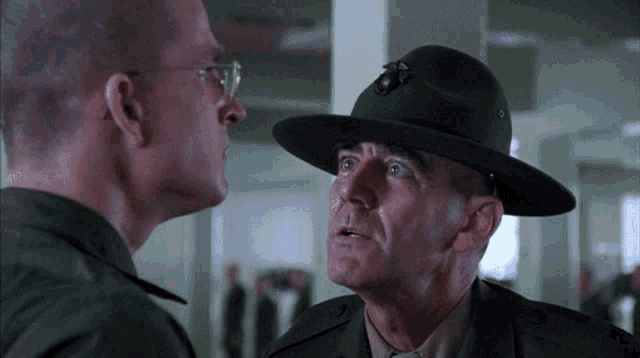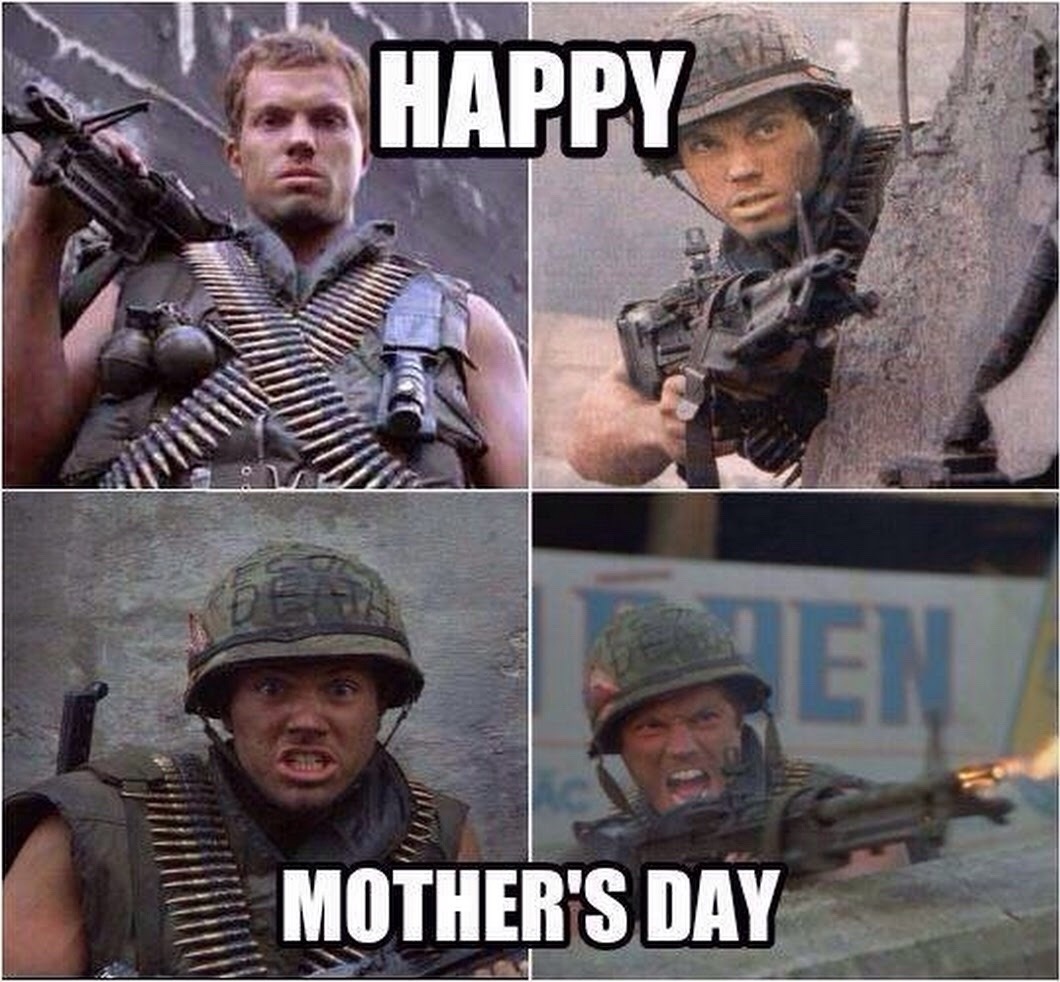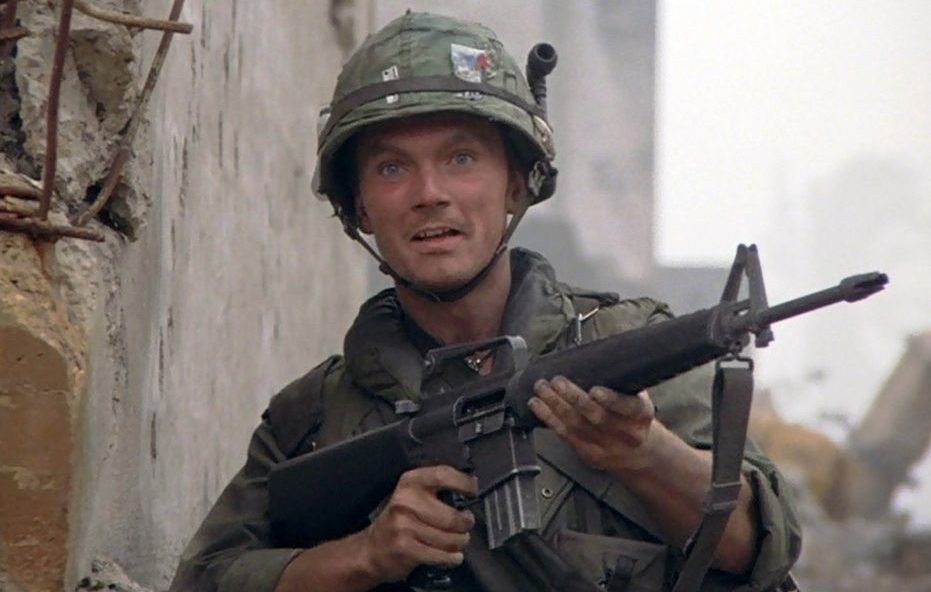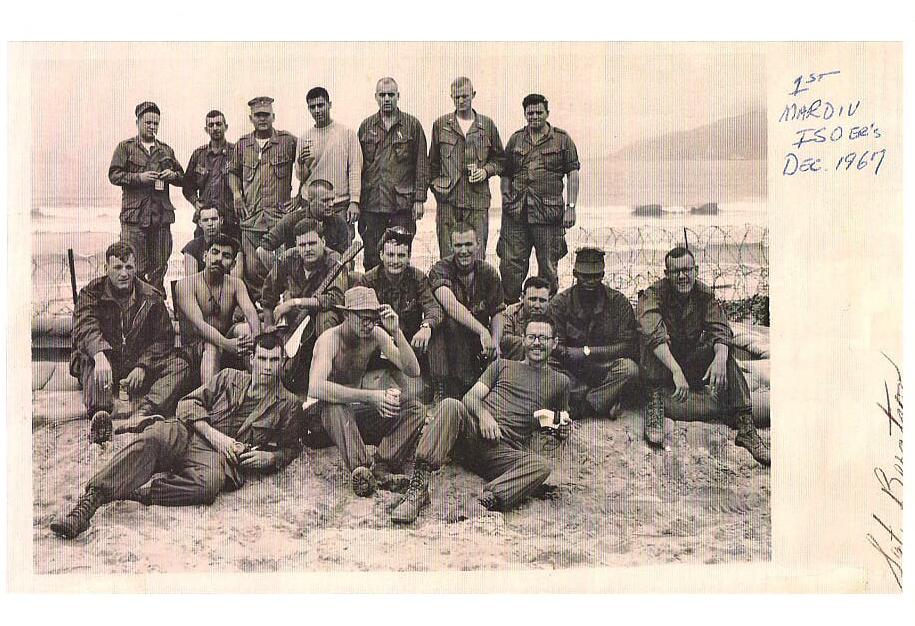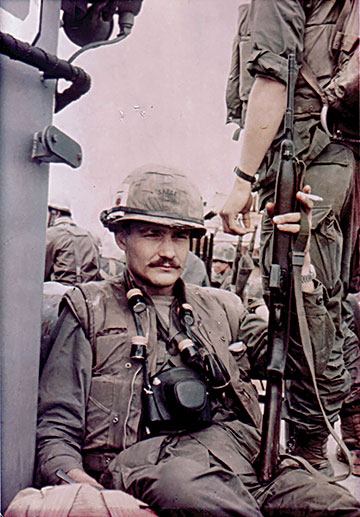Col. Beckwith’s Rolex 1675
The man you see sitting in the chair reading, below, is Col. Charles A. Beckwith. He was a career US Army SF officer*. He’s wearing a Rolex and displaying some remarkable operator fashion sense.

The following information was posted by a very interesting Instagram account called Watches of Espionage (@watchesofespionage). It’s a Social Media Account That Doesn’t SuckTM © ® and thus is part of the FYSA files (specifically one dealing with tactical watches) The text has was taken from multiple posts. It has been edited slightly for readability. Additional imagery from @niccoloy, which is also a SMATDS TM ©®.
Col Beckwith: Rolex 1675
David Reeder
Colonel Charlie Beckwith, founder and first commanding officer of Delta Force, the Army’s elite Tier One/Special Mission Unit (SMU). Check out this fashion choice. Complete OG.

It’s a complete gangster move (and no surprise he chose it) to rock a Rolex GMT-Master on a rubber strap. I assume it is the Rolex 1675 model with what looks like an all-black bezel. This was a practical tool for a practical man.
The book he is reading is “MI9: Escape and Evasion 1939-1945“, a classic espionage book about the British secret service that arranged the daring escapes of allied prisoners during World War II.
Beckwith is the author of Delta Force: the Army’s Elite Counter-Terrorist Unit and Delta Force: a Memoir.
Huge props to @niccoloy for finding this picture.

W.O.E.
*As a younger officer, Beckwith held many combat command billets in both SOF and conventional units. He commanded MACV-SOG’s Project Delta in 1965 and 10 years later was appointed Commandant of the US Army Special Warfare School. He is directly responsible for the establishment of 1st Special Forces Operational Detachment-Delta and played a massively influential part in the founding of the 160th Special Operations Aviation Regiment and JSOC.

DRW
David Reeder is a longtime friend of CHA. He currently works “full time” as the editor of the GunMag Warehouse blog (The Mag Life). He is the founder of Breach-Bang-Clear and is widely considered by at least a couple of people as the world’s okayest 1/6 scale kit-basher.

Filed under: Geardo | 2 Comments
An article about the most beautiful battle rifle in the history of mankind has been published on The Mag Life. How do I know about the article, and how do I know that rifle is worth such praise? Because I wrote it about a rifle I carried: the M14 EBR Enhanced Battle Rifle.
Here’s a sample:
I lined up on a Talib with an AK. The snipers are probably both gonna hit the one with the PKM, I thought. But maybe they’ll let me have one of the others. The range was less than 500 meters, the Talibs had their backs to us, and their leisurely pace pretty much guaranteed I’d hit one even if it took a few shots. My main worry was that the French grunts would hose the whole Talib fire team before I got my kill. The only other opportunity I’d had to whack an identified Taliban had been foiled by a bad call from higher, but this would more than make up for it.
Hell, maybe this was the same guy I didn’t get to kill earlier in my deployment!
I put my trigger finger on the safety of my M14 Enhanced Battle Rifle (EBR), the most beautiful rifle in the entire world. As soon as the team leader gave the word, I’d flick the safety forward, yank my finger back to the trigger, apply the fundamentals, and scratch a 1 into the EBR’s stock. And I’d be the only non-sniper, non-grunt, intel weenie on my block to get a confirmed Talib with an M14…
You can read the whole thrilling, near and dear to my heart, battle rifle saga on The Mag Life: the MK14 EBR.

Filed under: Afghanistan, Gear reviews | 2 Comments
Chapter 4
Six miles west of Fort Davis, Fall 1881
Chief Victorio blew into his clenched hands, rubbed them together and held them toward the flames. Even with the roaring fire, he was freezing; the years of near-starvation, constant movement to escape the encroaching whites, and loss of hunting grounds had worn down Victorio’s physique so much that a stranger might be forgiven for thinking he was a teenage boy. Far from it at 56, Victorio knew, as his equally-withered small band of fighters shivered beside him, that if he didn’t defeat the whites at Fort Davis soon, the opportunity would pass and never return.
Over the cold, blowing wind, Victorio said sideways into the night, “Be strong, my brothers. This will pass, and we will be riding proud and free when it is over.”
The braves huddled around the fire murmured quiet assent, barely discernable against the sounds of the November high desert. Victorio closed his eyes, hearing the silent doubt behind the whispers of “Yes Chief” and “We are with you.” His men were scared. At this point, after years of seemingly endless defeats inflicted by both the Americans to the north and Mexicans to the south, Victorio could almost forgive their lack of faith. Almost.
But when Victorio opened his eyes seconds later, any tolerance of doubt had been forced from his mind. He needed braves, not terrified women. He would have no doubters by his side when he next attacked the white soldiers.
Victorio stood. Orange light danced and flickered over his lean, wiry frame, topped by a face turned old from suffering and privation. He gazed over his small band of warriors – thirteen of his most trusted men at the fire, only 58 more paired in the darkness in two concentric circles for security – held his rifle aloft, and roared in fury.
“ARE YOU MEN? Do you stand in defense of the great Chiricahua Nation? Or are you cowards who have chosen defeat over victory in your once-might hearts?”
Several warriors gasped in shock. A few cast their eyes downward in shame, fearing their brave chief, born without fear, could read their most silent thoughts. But most leapt to their feet, rifles and bows in the air, bellowing their loyalty.
“To the death, Chief Victorio!”
“We will never leave your side, great warrior!”
Chief Victorio surveyed his men, noting whose pledges were sincere, whose were obvious posturing, and whose silence spoke loudest. When the shouts died down, Victorio lowered his rifle and motioned his men closer. All thirteen clustered around his end of the fire.
“Keep your faith, warriors,” he said in a stern, flat tone. “Stay strong and brave. I promise you, the great spirit in the sky will bless us with good fortune soon.”
“Great Chief Victorio!” a voice yelled in accented Chiricahua from behind them.
Victorio and his assembled men spun in surprise. A few feet away a short, thin, black-haired Asian man in an odd grey one-piece suit stood with hands empty and raised, eyes cast slightly downward in respect. As Victorio tried to process what he was seeing, the man made a slow pirouette, displaying his lack of weapons.
“I beg your forgiveness for this interruption, Chief Victorio,” the man said. “But I bring to you a matter of the utmost importance, and time is of the essence.”
Is this one of the railroad builders the white man brought?, Victorio wondered. “Tell me, Asian man, how did you pass through the warriors protecting our camp?”
“Please, great chief, I assure you that your warriors are performing their duties,” the Asian man said. “I was delivered through a means they could not have foreseen, nor could they have prevented me from reaching you. But I assure you that I wish you no harm, and only desire to offer assistance in your struggle against the white man’s aggression.”
“He snuck through our braves,” Victorio whispered. “An assassin, here to kill me. There is no other explanation.”
The warrior nearest Victorio looked up sharply and caught Victorio’s eye. Then he looked toward the Asian man, whipped up his bow, yanked an arrow from a quiver, loaded and drew.
“Please sir, I humbly request that you do not-”
The warrior let fly. The arrow slammed through the Asian man’s sternum and punched halfway out his back. The Asian man gasped, instinctively clutched at the arrow’s shaft, and staggered backward. A second arrow stabbed through the left side of his rib cage. The man shrieked, leaned left and turned in a half circle. A third and last arrow caught him in the lower back. He groaned, staggered away, and collapsed at the edge of the campfire light’s reach. A weak, pathetic death rattle, a sound Victorio had heard countless times, skipped across the howling wind. Then the man’s body went completely limp, almost melting into the rocks and sand.
The men watched in silence, until Victorio grunted approval and turned back toward the campfire. As the men returned to their crosslegged positions on spread blankets, one of the warriors said, “That was…odd.”
“Yes,” Victorio agreed. “It was odd that such a meek, harmless man could somehow sneak through our lines. Those who failed to perform their duties will be punished. Our enemies will exploit such failures, we must therefore never tolerate them.”
“Yes, great chief,” a man answered. “But do you really think that man was an assassin? He seemed to be so-”
“Great Chief Victorio!” a voice yelled in accented Chiricahua from behind them.
“Chingow!” Victorio yelled as he jumped from his blanket and turned toward the voice. An Asian man, who looked like the same Asian man from a few moments earlier, stood in a respectful pose with his hands open and raised, eyes slightly downcast. The man wore the same grey one-piece suit as the other, but without protruding arrows, holes, or blood. As Victorio’s warriors shouted their surprise and drew their weapons, the man spoke.
“Great chief, I beg of you, please do not kill me again. I simply wish to offer you a sure path to victory.”
“Kill you again?” Victorio blurted, and pointed into the darkness. “We didn’t kill you, we killed that man over-”
Victorio stopped mid-sentence. The dead man was gone.
“What the…”
“Please, great chief,” the man pleaded. “I request but five minutes of your time, to explain my offer of assistance.”
Victorio looked sharply at the warriors to his left and right. They returned his questioning glances, equally unsure of what to do.
“Strange visitor, I must confer with my braves,” Victorio announced. “Remain where you stand.”
“As you command, great chief,” the man said, holding his respectful pose.
Keeping one eye on the Asian man, Victorio huddled with his men and spoke in a hushed tone.
“Holy shit, dudes. This is weirding me the fuck out. Anyone have a clue what to do?”
“Uh…should we kill him again?” one brave asked.
“That freak would just come back again,” Victorio said. “And that would scare the shit out of me.”
“Chief, are you sure that’s really the same guy?” another warrior said. “I mean, those Asian guys all kinda look ali-”
“Don’t be racist, Juventino!” Victorio commanded. “You know I don’t put up with racially insensitive language!”
“Sorry boss. I didn’t mean it.”
“Alright,” Victorio said. “I don’t know what choice we have. Let’s listen to the guy for five minutes, then talk in private again. And remember, I’m the war chief but your opinions matter just as much as mine, so we don’t make any decisions until we talk everything over. Deal?”
“Deal, chief!” the men chimed in unison.
Victorio nodded and spun around. “Alright, strange visitor, tell us of your offer.”
“Chief Victorio,” then man said, finally lowering his raised hands. “I offer you the help of a hundred brave, experienced warriors from a fierce and proud tribe. These warriors are armed with weapons so powerful the white man cannot possibly resist, and are willing to give their lives to totally destroy Fort Davis. They want nothing in return for joining your fight, desire none of your territory, and after your victory will return to their distant land. Should you accept them as allies, they can be here within moments.”
Without hesitation Victorio blurted, “Hell yes we accept your offer!”

Chris Hernandez (pictured above in the mountains overlooking Fort Davis) is a 25-year police officer, former Marine and retired National Guard soldier with over 25 years of military service. He is a combat veteran of Iraq and Afghanistan and also served 18 months as a United Nations police officer in Kosovo. He writes for BreachBangClear.com and has published three military fiction novels, Proof of Our Resolve, Line in the Valley and Safe From the War through Tactical16 Publishing. He can be reached at chris_hernandez_author@yahoo.com or on his Facebook page (https://www.facebook.com/ProofofOurResolve).
Filed under: Writing | 2 Comments
Tags: alternate history, Fort Davis, military fiction, veteran writers
Chapter 3
“This is it? What, is it the economy model?”
“No, smartass,” Nguyen answered with an eyeroll. “This is literally the highest tech that exists anywhere in the world. You and your boys will walk into it, and walk out the other side into 1881 West Texas. Specifically, you’ll walk out of the Sutler’s store at Fort Davis.”
Vic tilted his head and looked at the machine again. Nothing about it was impressive. The entire device filled only a half-size conex container, painted dull grey, with a complicated network of cables and wires running from the back end to dozens of computers and monitors spread throughout the darkened warehouse. Red lights provided a faint glow over the device and monitoring stations, and the dull hum of cooling units didn’t quite impede normal conversation.
“If this was the only one,” Vic asked, “how did the Chinese get it?”
“No idea,” Pena Rodriguez said. “It must have been a cyber breach. I mean, the only person here with access to all the plans and data is Elsie, our transsexual intelligence analyst. She’s a sweetheart though, she’d never steal the plans and give them to Wikileaks or anything like that.”
Vic looked toward one of the workstations. A skinny, bucktoothed, pink-haired guy in a dress lifted a disc from a computer drive. He saw Vic, froze, dropped the disc back into the drive, tapped his fingertips together and innocently whistled Born This Way.
“How many Soldiers will I have?” Vic asked.
“Ten. Including you.”
“That’s it?”
“What, are you scared?’ Nguyen asked. “Ten is plenty. How many do you expect the Chinese to send, a hundred? At best they’ll put five guys through their machine, then you and the 8thCavalry troopers at Davis will whip their ass in minutes. You’ll have M4s, SAWs, an M-240, AT-4s, grenades, body armor, everything. If anything, it’ll be too easy.”
“I’ve heard that shit before,” Vic muttered. “What makes you so sure it’ll only be five Chinese?”
“Our intel is solid,” Nguyen said. “There’s no doubt. Has the CIA ever been wrong?”
“Well, yeah,” Vic replied. “Remember that whole ‘weapons of mass destruction in Iraq’ thing?”
“Nobody cares about Iraq!” Pena Rodriguez yelled. “That’s in the past! What matters is what’s happening today…and what happened in the past.”
“If what happened in the past matters, doesn’t that include Iraq?”
“No,” Nguyen said. “We’re only concerned with the 1880s. And I guarantee the CIA had no intelligence failures then.”
Vic looked away and shook his head. “Tell me the plan.”
“Nothing to it,” Pena Rodriguez said. “You ten vets go through, make contact with the camp commander, and give him the cover story. There’s one minor obstacle, we can’t send people and weapons through at the same time, so you’ll get the weapons half an hour later. Then you set the defense, kill the Chinese, repel the Apaches, shake hands and kiss babies, and ride off into the sunset back to today. We’ll time your return to the Saturday evening when we knocked on your door. You won’t even miss a day of work.”
“Huh,” Vic said, with obvious doubt. “And we’ll be able to fight right after going through? Time travel isn’t going to mess us up?”
“Not at all,” Nguyen said. “Well, not really. There might be a little digestive and urinary upset, but it won’t affect your ability to fight. Right after the passage you might have a slight stomach ache and need to pee a couple times, then it goes away.”
“Does the Chinese machine do the same thing?”
“Of course,” Pena Rodriguez said. “They stole our plans, so it has to.”
“Quit worrying about irrelevant crap!” Nguyen blurted. “Focus on the mission. All that matters is how you and your troops will defend Fort Davis.”

US Army troops at Fort Davis. Photo from TrueWestMagazine.com
Vic rubbed his forehead. “Speaking of that, what makes you people think the other vets will follow me anyway? I was just an E-4 team leader, nothing special.”
“Oh, they’ll follow you,” Nguyen said. “We told them about the heroic way you lost your leg in Afghanistan. They’ll go anywhere with you.”
“God dammit,” Vic said, biting back anger. “Do you people know how I actually lost my leg?”
“Nobody cares exactlyhow you lost your leg,” Pena Rodriguez hissed. “What matters is that you gave a piece of your protective gear to one of your Soldiers who didn’t have his, and it cost you your leg.”
“Well…yeah,” Vic stammered. “Sort of. But that’s not the whole-”
“It doesn’t matter!” Nguyen yelled. “They’ll follow you because you’re a hero. And besides that, they’re all descendants of Apache, just like you. We told them you’re Victorio’s great-great-great-great grandson. That’s all it took. You’re the man.”
“I’m not a freakin’ hero!” Vic shouted back. “And I was only in the damn Army for three years. I’m no tactical genius and was never even in command of nine people, I was just a fireteam leader in charge of three Joes. Now you dickheads think I can go back in time and lead a ten-man squad against Chinese cyberweirdos and an army of Apaches? Really?”
“Yes,” Pena Rodriguez said. “Really. Now if you’re done whining, let’s go to building 8 and meet your team.”

Chris Hernandez (pictured above at Fort Davis) is a 25-year police officer, former Marine and retired National Guard soldier with over 25 years of military service. He is a combat veteran of Iraq and Afghanistan and also served 18 months as a United Nations police officer in Kosovo. He writes for BreachBangClear.com and has published three military fiction novels, Proof of Our Resolve, Line in the Valley and Safe From the War through Tactical16 Publishing. He can be reached at chris_hernandez_author@yahoo.com or on his Facebook page (https://www.facebook.com/ProofofOurResolve).
Filed under: Writing | 3 Comments
Tags: Fort Davis, military fiction, time travel, veteran authors
